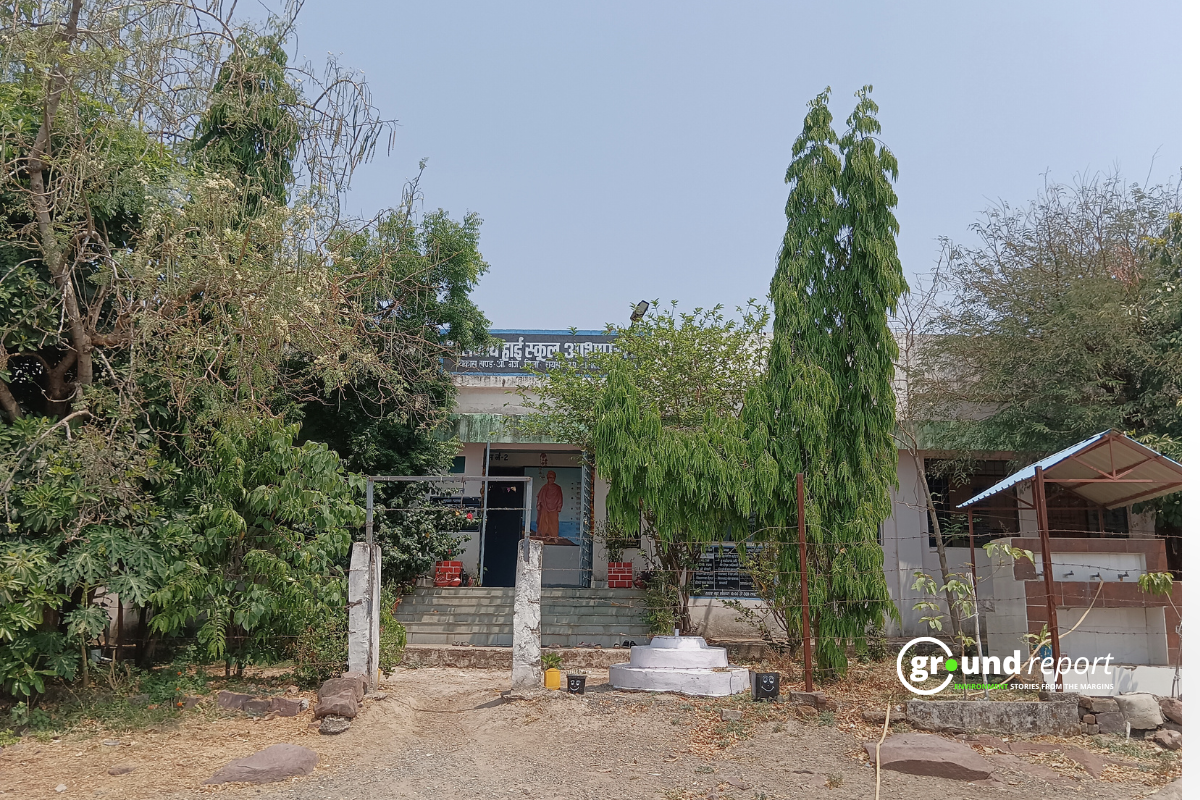India is the largest democratic country in the world but also ranks 29th out of 191 countries in the world in terms of climate change risk. Despite this, in the last 20 years i.e. between 1999-2019, questions on climate change have been asked 895 times in Parliament by 1019 members. This is just 0.3 per cent of the total questions asked in Parliament during these 20 years.
The paper looks at parliamentary questions (PQs) on climate change from 1999 to 2019. “The largest number of questions occurred in the years following a political event. For example, 2007 saw the largest increase in PQs (from 8 questions in 2006 to 53 in 2007). This was the year that preceded the launch of the National Action Plan on Climate Change.
The highest number of questions (104) were asked in 2015 “year that followed the name change of the ‘Ministry of Environment and Forests’ to ‘Ministry of Environment, Forests and Climate Change’ with a portfolio expanded accordingly,” he said. The study also found that even parliamentarians from climate-vulnerable states are not asking more questions.
Male MPs asked ten times as many questions as female MPs, she says, highlighting the low representation of women in Parliament. Among the questions, 27.6% focused on the impact of climate change and 23.5% on mitigation. The adaptation received the least attention (3.9 per cent), despite the importance of climate adaptation for India. Many questions focused on the issue of understanding the impact of climate change on agriculture, which contributes 17 per cent of India’s GDP, followed by coastal issues and health. The remaining aspects of climate impact were less covered.
Ministers referred to a source for their climate change information in only 10 per cent, or 91 questions of the PQs asked. Studies carried out (58.9 per cent) were the most cited, followed by newspaper articles (22 per cent), a conference (11 per cent), institutes as sources (5.6 per cent), and international agreements (1.1 per cent), he added.
Despite India’s significant and growing vulnerability to climate change, PQs related to climate change were largely missing, he notes.
“Although they have increased over time, we still find there is substantial room for growth, especially in critical areas of climate justice and adaptation relevant to the Indian context. Raising the level of parliamentary debate on climate change is critical and should be highlighted,” the researchers said, adding:
“We find that the number of PQs on climate issues has increased over time, but there is substantial scope for future growth, especially in critical areas of climate justice and climate adaptation. The media can potentially play a highly influential role in this regard, and this aspect should be further explored in future climate policy research.”
Support us to keep independent environmental journalism alive in India.
Keep Reading
MP farmers battle stray animals, sleepless nights to protect crops
Indore’s Pipliyahana Lake struggles to survive, even after conservation measures
Costliest water from Narmada is putting financial burden on Indore
Changing weather pattern impacts soybean crops in Dewas region of MP
Follow Ground Report on X, Instagram and Facebook for environmental and underreported stories from the margins. Give us feedback on our email id greport2018@gmail.com.
Don’t forget to Subscribe to our weekly newsletter, Join our community on WhatsApp, Follow our Youtube Channel for video stories.







